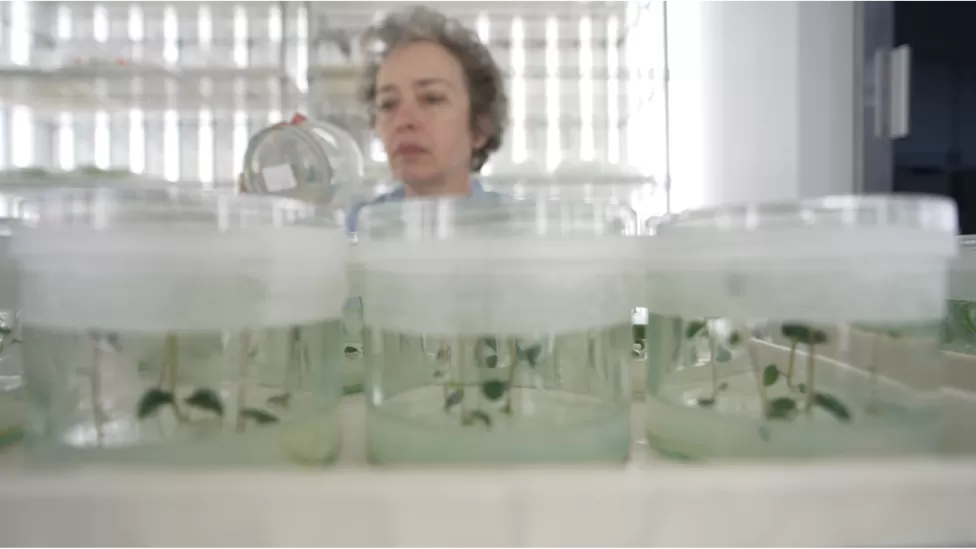England’s gene-editing act comes into force
The act is claimed to allow farmers to grow crops that are drought and disease resistant, reduce use of fertilisers and pesticides, and help breed animals that are protected from catching harmful diseases.
Precision breeding involves using technologies such as gene editing to adapt the genetic code of organisms, creating beneficial traits in plants that through traditional breeding would take decades to achieve.
The government said the act would enable scientists “to safely create foods that are more flexible, adaptable and plentiful for years to come”, adding that it will reinforce food security in the face of climate change and ensure England becomes “a world-leader in agri-food innovation”.
Under the provisions of the act, a new science-based and streamlined regulatory system will be introduced to facilitate greater research and innovation in precision breeding, with stricter regulations remaining in place for genetically modified organisms (GMOs).
The move comes at a time when the UK is facing a severe shortage of vegetables in retail.
The act has the powers to:
- Remove plants and animals produced through precision breeding technologies from regulatory requirements applicable in England to the environmental release and marketing of GMOs;
- Introduce two notification systems: one for precision-bred organisms used for research purposes and the other for marketing purposes. The information collected will be published on a public register on gov.uk;
- Establish a proportionate regulatory system for precision-bred animals to ensure animal welfare is safeguarded. Changes to the regulations for animals will not be introduced until this system is in place;
- Establish a new science-based authorisation process for food and feed products derived from using precision-bred plants and animals.
Parts of the new framework will be introduced in phases. That means work will commence to make sure the commercial cultivation of precision-bred plants, or the sale of precision-bred food, is possible in the near future.



